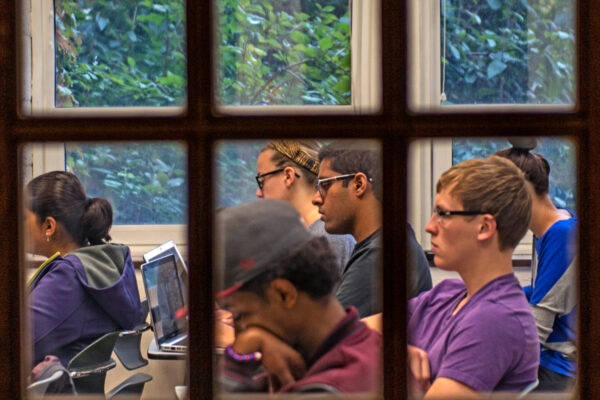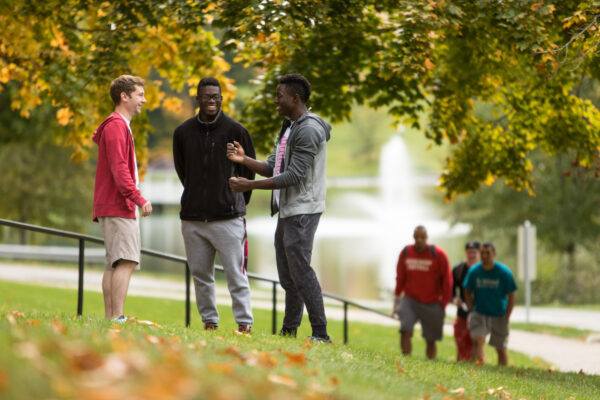As colleges and universities gear up for the fall semester, many students are likely scrambling to finish one last task: summer reading.
Many schools require incoming freshman, and sometimes the entire student body, to read one book in order to create academic and other connections across the campus community.
Here’s what several of our member institutions are reading for this fall:
Lansing Community College (MI)
All students, staff, and faculty at Lansing Community College (LCC) have been encouraged to participate in OneBook #OneLCC, an initiative the college describes as a shared community reading experience.
Books are chosen by a college-wide steering committee with representation from faculty, staff, and students. Titles typically selected include a range of issues to reach across many disciplines, such as science, history, and health and must support critical thinking and robust conversations.
When the project kicks off Aug. 27, LCC will begin hosting a year of programming including several special events, discussions, exhibits, and scholarly lectures about this year’s selection, The True American, by Anand Giridharadas. LCC is seeking to conclude the year with a visit from the author.
Stanford University (CA)
Resilience is the theme of this year’s required freshman reading at Stanford, with books chosen by President John Hennessy as part of the school’s annual Three Books program.
Hennessy focused on books that will teach students stories of resilience and perseverance, ideals he hopes will serve them well in their time at Stanford and beyond. Faculty members will lead online discussions about the books and Hennessy will moderate a panel with several of the authors during New Student Orientation.
Hennessy’s selections this year are: This Boy’s Life, a memoir by Tobias Wolf; Cane River by Lalita Tademy; and The Innovators, a nonfiction book by Walter Isaacson about the individuals who created the digital revolution.
Penn State University, New Kensington
Students at Penn State University, New Kensington spent their summer reading about a pressing and controversial environment issue in The Boom: How Fracking Ignited the American Energy Revolution and Changed the World, by Russell Gold.
The book is part of the school’s First Year Summer Reading Program, an annual initiative to encourage students to think critically about their community and get a taste of what college is like. When students arrived on campus earlier this month for Pride Days, they participated in small group discussions, with more book-related events planned for this fall.
Share with us what your campus is reading this summer in the comments.
If you have any questions or comments about this blog post, please contact us.


